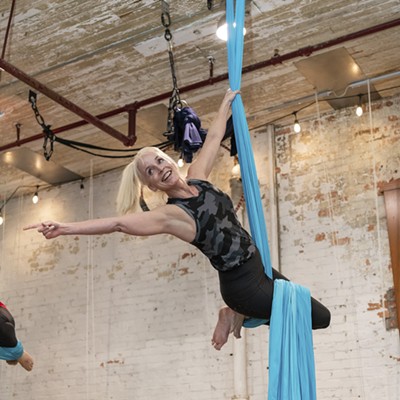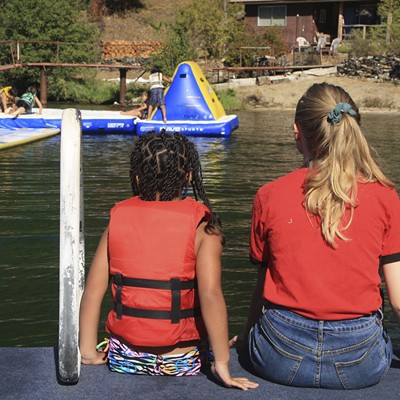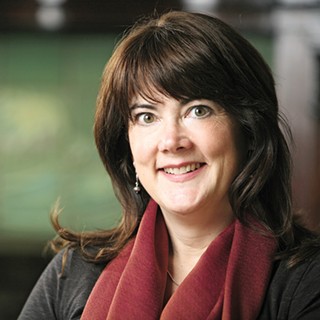One solution to the plastic problem may be increased use of a well-known old friend: glass. Made since about 3000 BC, there’s little chance of alarming new findings about this versatile material. It is generally microwave, freezer- and refrigerator-safe and always recyclable.
Glass food storage dishes offer easy clean-up, no staining or retention of food odors, and they can be recycled if they break. Anchor Hocking produces a line of microwavable glass refrigerator dishes with glass lids.
Think you won’t survive without those handy plastic cups and straws? An online company called Glass Dharma produces a line of glass straws of various widths and lengths for any sort of drinking you’re inclined to do — from sipping a cool drink to slurping a thick smoothie.
For babies, who potentially face the biggest risk from plastic-related chemicals, there are now at least two manufacturers of glass baby bottles — Evenflo and Lamby. If you’re more worried about injuries from shattered glass than the chemicals leached from plastic materials, try Siliskin, a silicone sleeve that fits snugly on the bottle to protect the bottle, complete with grippy-knubs to help little hands hold on.
Avoiding plastic-lined cans in canned foods may not be feasible with current regulations, so canning foods in your own glass jars, or buying frozen foods may be the only options. Simply eating what’s in season and available fresh may be the best bet of all.





















